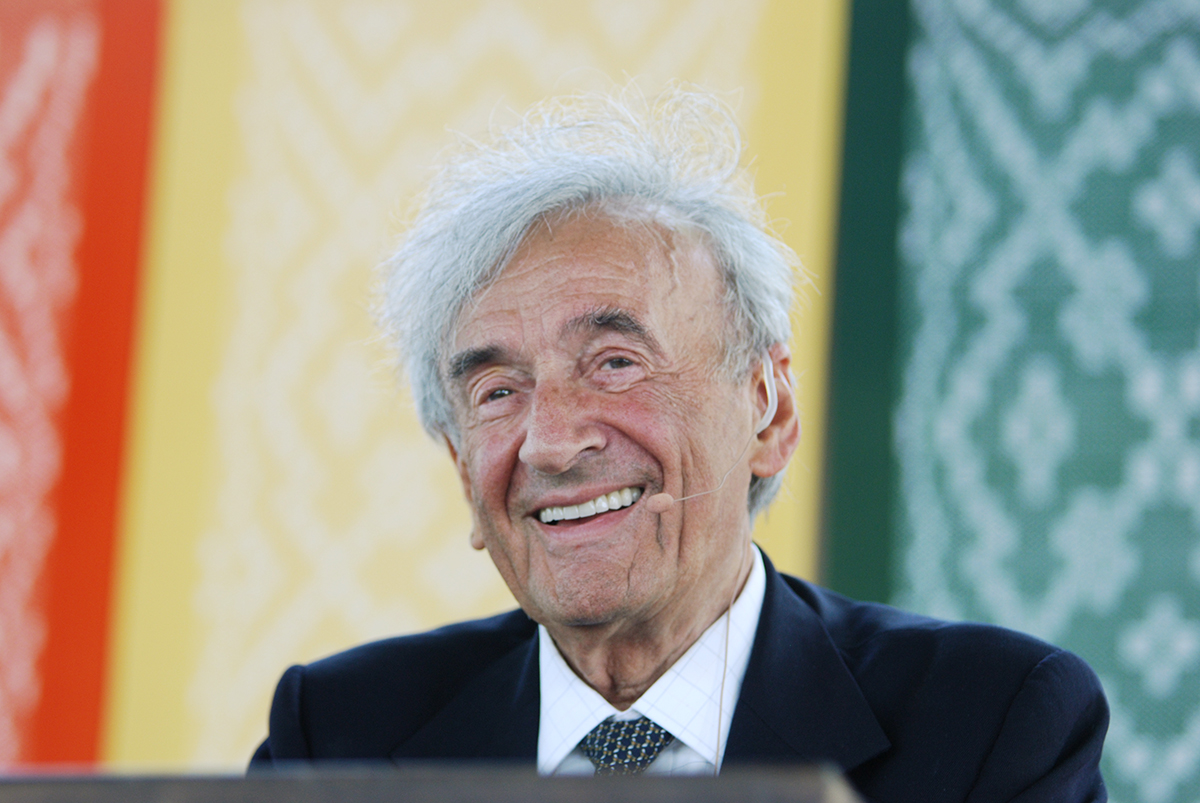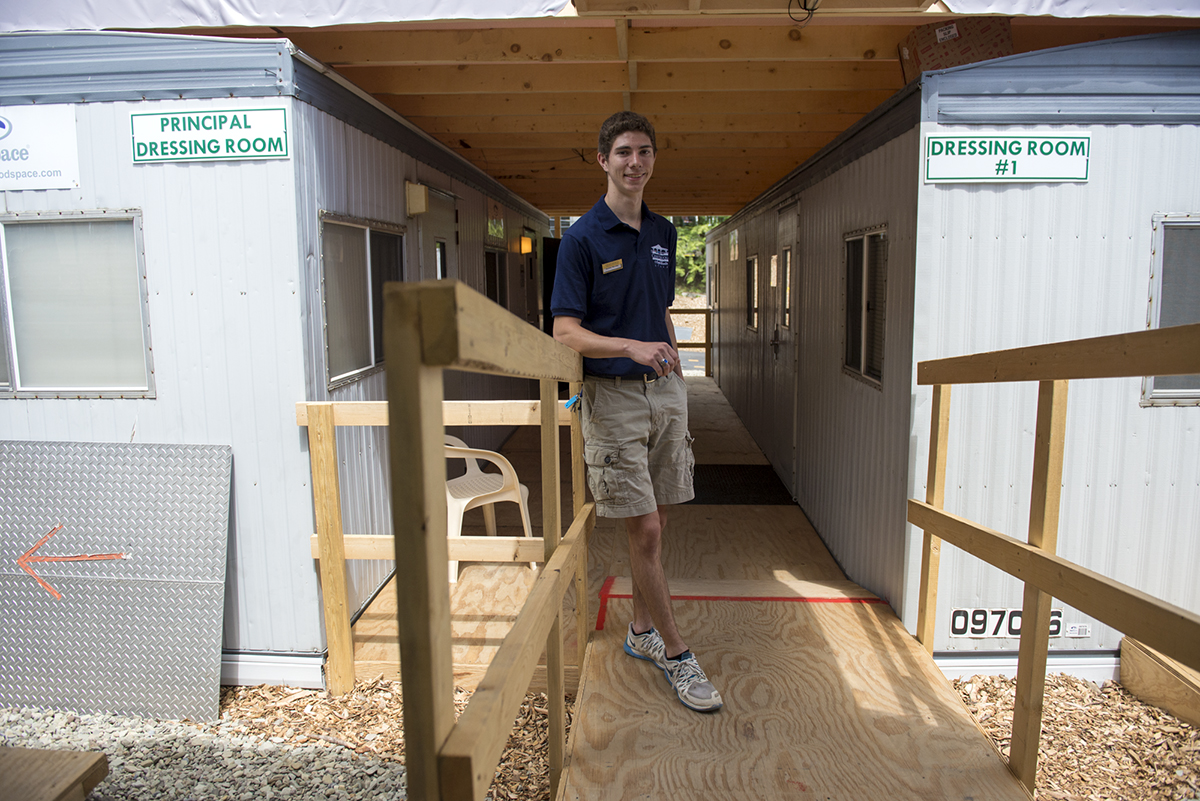As a pediatrician at an inner-city hospital, Dr. Helene Gayle found herself treating the same patients over and over.
These children weren’t necessarily facing a particular disease — their visits had more to do with their family situations, events they couldn’t solve on their own.
“After a while, I realized that if I really wanted to have an impact on these children,” Gayle said, “it wasn’t by practicing individual medicine.”

Johanna Mendelson Forman began her lecture on Thursday with a chilling scenario.
“If you can imagine a whole city … that is filled with tents, and you’re sleeping alone, and maybe you don’t even have a full tent around you; you don’t even have four walls, but you have blankets or quilts, sometimes blue plastic sheeting that’s given out by humanitarian agencies. There’s no electricity and no lights, so it’s dark,” she said. “And suddenly you hear a rustling, and then you hear the sound of the knife cutting through the sheeting. And before you can scream, a man, or a group of men — often they come in gangs — crashes through the opening. They grab you. They push you down. They rape you. And often, all of this is done in front of your children.”




